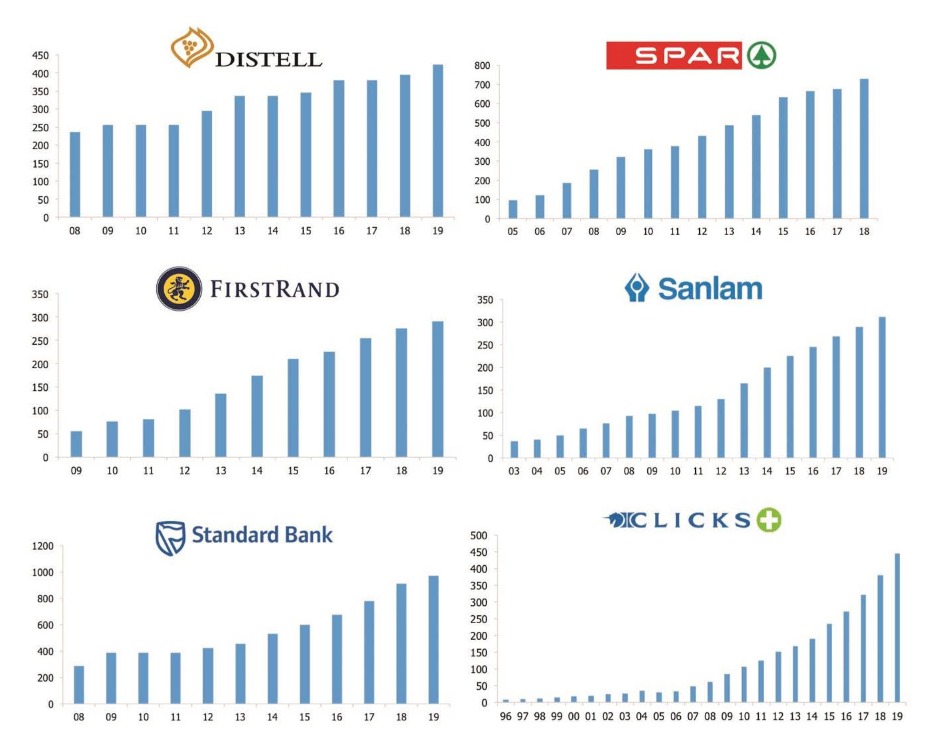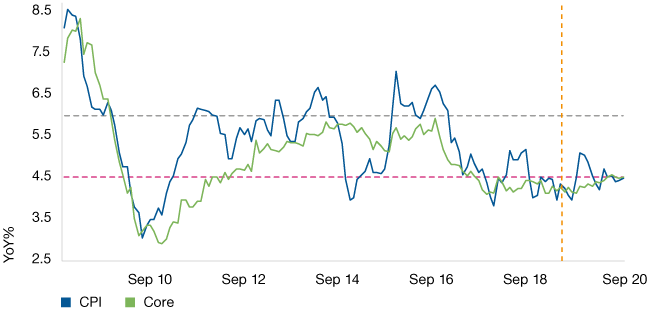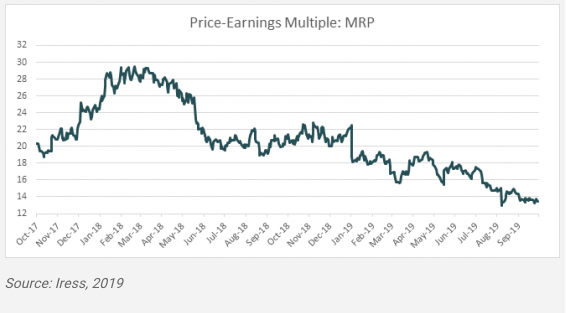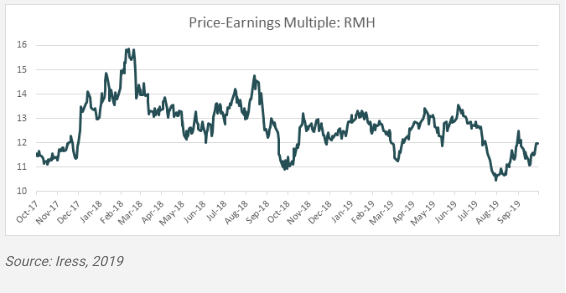One of the hardest aspects of working with tax and tax law is that the rules change slightly every year – making it tricky dice to roll without an expert on your team.
There will be a new law soon that legislates how much tax you as a South African must pay on money you do not earn in and from South Africa.
On 1 March, the new section 10(1)(o)(ii) of the Income Tax Act (known as ‘expat tax’) comes in after an extension period granted by the government previously. The section was controversial in that the government said in 2017 that the Taxation Laws Amendment Bill would be done away with completely and all money earned overseas by South Africans would be taxed by the South African government.
Government has backtracked slightly – as of 1 March, 2020, any money over and above R1 million earned by a South African outside of South Africa is subject to South African tax under the new changes.
Here is an overview of how the expat tax could impact you:
Only for South African residents
If you are domiciled in South Africa and are a ‘tax resident’ in the eyes of SARS, then this will apply to you. It also applies to those who have been living in SA for any period in the past year before 1 March 2020. This becomes null and void if you’ve been out of SA for 330 consecutive days, SARS lays it all out here.
Types of income taxed
These vary, but include any salary, wages and forms of remuneration for active employment. Commission, leave pay, bonuses, travel allowances and reimbursements and anything else like that which is earned outside of South Africa will be taxed after the R1m mark.
What will not be taxed
Passive forms of income, like rent earned from a property owned overseas, investment dividends or shareholder amounts for companies outside of South Africa, will not be taxed. This section of the Income Tax Act is all about income received for work.
Only for individuals
The ‘expat tax’ is not for businesses, trust funds, NGOs… only for individuals. In other words, anyone that can earn a salary. Certain independent contractors will also not fall under this tax, but not so for anyone working for a foreign company. If you’re in South Africa or a ‘tax resident’ in the eyes of SARS, it doesn’t matter where your company is domiciled.
How much will you be taxed?
SARS says that everything above R1 million will apply for “the normal tax tables for that particular year of assessment.”
The rates have not changed since last year, so ostensibly that means 41% for those earning R1 million nett income annually and over and the maximum 45% for those earning R1.5 million annually, and over. This means that the maximum anyone will get taxed is 45% – including those getting taxed by the country they are earning in. So, if a South African working for a UK company gets taxed 20 percent on that income by the UK, South Africa will only tax them 25% maximum.
If you earn money from anyone outside of South Africa and feel this may apply to you, you may want to book a chat so that we can work through the possible implications.
Gross earnings can add up faster than many realise, especially with the exchange rate being what it is. Ultimately, it’s worth being clued up on anything that affects your money and wealth creation journey.













